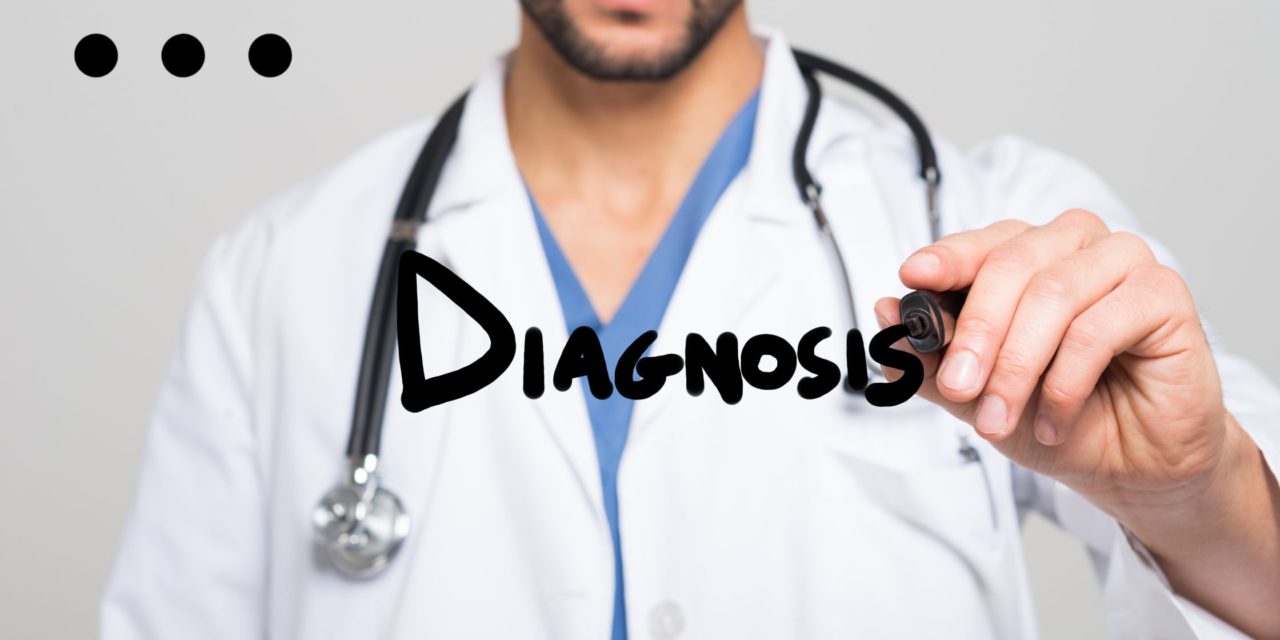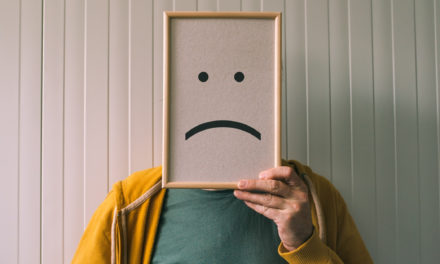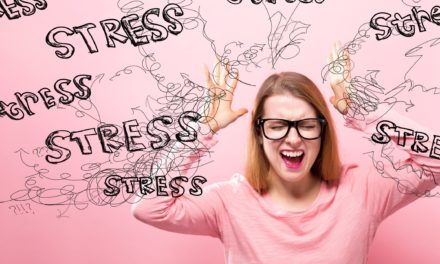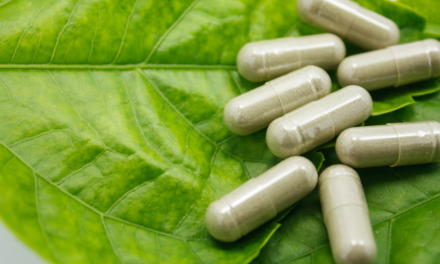A condition where addiction and mental health disorders coexist is called a co-occurring disorder. In 2018, NIDA found that 37.9% of the people who suffered from addiction were also victims of mental illnesses. Sometimes, mental health disorders are at the heart of addiction, while other times, addiction can be the cause of a mental health illness. Therefore, in order to treat addiction in the most efficient manner, it is essential to first treat the underlying mental health. Moreover, people who struggle with substance use disorder (SUD) or opioid use disorder (OUD) are more likely to develop co-occurring disorders. The following are the most commonly occurring dual diagnoses:
Attention Deficit Hyperactivity Disorder and OUD
There is a great link between ADHD and opioid use disorder (OUD). ADHD is a condition that affects individuals’ concentration and makes them impulsive. Focus issues, impulsivity, and hyperactive conduct are its hallmarks. People with this illness are frequently prescribed stimulant-containing prescription drugs and are likely to get addicted to those stimulants. A study has shown that people with ADHD are more likely to get hooked on substances like meth. This is because substances like opioids may give temporary relief to ADHD-ridden individuals. This may cause them to keep taking medicines to experience the same feelings.
Post-Traumatic Stress Disorder (PTSD) and Opioid Dependence
People who have undergone major stressful events such as war or the loss of a loved one may have stress responses such as PTSD. People with PTSD may self-medicate and get addicted to opioids. Sometimes, even prescription opioids pose a high risk of addiction. Therefore, before prescribing opioid medication to individuals, it is better to get them assessed for PTSD, as the likelihood of OUD increases. Patients with PTSD may decide to employ medication or alcohol in order to address the symptoms. However, this can further disturb the equilibrium of sleep and emotions.
Generalized Anxiety Disorder and Cocaine Addiction
Generalized anxiety disorder (GAD) is a condition where a person experiences frequent panic attacks and may rely on substances such as cocaine, a very dangerous drug. People with GAD also have trouble sleeping or functioning. People may want to consume cocaine to feel better. Cocaine exacerbates existing anxiety and may be the cause of its development in people who do not have GAD. This particular drug can also lead to depression, delusions, psychosis, and paranoia. Therefore, in order to treat cocaine addiction, it becomes imperative to go for dual diagnosis treatment.
Schizophrenia and Alcoholism and Drugs
Cannabis, otherwise known as marijuana, is commonly smoked by everyone. However, the use of this drug by those who already have mental health issues can lead to major co-occurring illnesses. Though marijuana does not lead to schizophrenia, consuming the drug might bring on or exacerbate symptoms. Hallucinations, psychosis, delusions, and disordered thinking are symptoms of this illness. It’s normal for schizophrenics to lose the ability to discriminate between reality and fiction, and to deal with these experiences, many people with this disease turn to drugs or alcohol. This is a severe co-occurring disorder.
Personality and Mood Disorders and Alcoholism
Personality disorders such as borderline personality disorder (BPD) and obsessive-compulsive disorder (OCD) are severe mental health conditions. These disorders, especially BPD, are characterized by symptoms including impulsive behavior, extreme mood swings, and strong emotional imbalance. As a means to cope with this, some of these people use drugs and alcohol since they frequently struggle to sustain connections with others.
Moreover, people with antisocial personality disorder are also prone to substance addiction. Alcohol and drugs provide temporary relief, which becomes more sought after by people who constantly deal with difficult emotions. This is why they are more likely to get hooked on substances.
Eating Disorders and Drug or Alcohol Dependence
Anorexia and bulimia are two eating disorders that are frequently found in people who need addiction therapy. To reduce hunger and boost confidence, people frequently use alcohol and drugs, such as stimulants or diet pills. Additionally, compared to 3 percent of the general population, roughly 35 percent of those who use alcohol or illegal drugs also suffer from eating problems. People who struggle with both an eating problem and an addiction frequently use one to manage the other. These issues frequently coexist with body dysmorphic disorder, a condition in which a person has excessive self-criticism and obsesses over perceived physical faults.
Depression and Cocaine Addiction
About 10% of Americans experience serious depression and at least one-third of them abuse drugs like cocaine. Cocaine is a drug that produces euphoria by releasing dopamine, causing momentary bliss. However, after some time, users who take cocaine acquire a tolerance to these sensory pleasures and want to feel more of them since depression decreases dopamine production and changes brain chemistry. Researchers are uncertain which ailment develops first, but it is obvious that they both—i.e., depression and addiction—worsen one another. Antidepressant medication is typically used as treatment, which must be closely monitored by a doctor.
Additionally, cocaine usage may result in a 20% reduction in brain cell function, which may be permanent. A cycle of intensified cocaine usage to try to feel better is fueled by cocaine addiction and withdrawal, which can cause depression to become more severe.





